The political analyst Radu Magdin asserts that the holding, for the first time, in Bucharest, of the meeting of the ministers of Foreign Affairs from the NATO member countries, represents a success of Romanian diplomacy, coming both in a difficult context in the region, and in the continuation of the Madrid Summit, where Romania has achieved a series of important successes, especially in terms of consolidating the profile of the Black Sea in the architecture of decisions and the focus of the North Atlantic Alliance, told Agerpres.
"It is, at the same time, the signal that the Alliance had to send in connection with the strong commitment and the attention it paid to the Black Sea region. At the same time, the organization of this meeting in Bucharest also shows in which direction the Alliance's concerns are heading. And here I must mention that, unfortunately, I returned to concerns about the East, after a few years ago the Alliance began to orient itself more towards the South and the Indo-Pacific. Besides the fact that this meeting comes in an opportune moment, it still carries a natural nuance: Romania is a dedicated NATO member, our country has concentrated, in recent years, a great diversity of foreign troops, military equipment and significant contributions to the strategic reflection processes at the level of the Alliance," the foreign policy analyst told Agerpres.
Radu Magdin believes that Romania's effort for "stability, resilience, increasing capabilities and regional cooperation" must go on.
"At the same time, it is obvious that this meeting should not be interpreted as a culmination of our engagement efforts; rather, we should realize that we have earned enough trust, including through the way we have handled the security challenges in the region so far, as it should happen here. Romania's effort for stability, resilience, capabilities' enhancement and regional cooperation must continue. Romania is now a credible actor within the Alliance and continues to make efforts to modernize the armed forces in all aspects. We have been and we can still remain one of the countries with a very high degree of commitment, which is important in a context where the whole region is under pressure," he emphasized.
As for the invitation to the meeting of countries such as Ukraine, the Republic of Moldova, Georgia, Finland, Sweden and Bosnia and Herzegovina, some of which have expressed their desire to join NATO, the political analyst believes that it was able or not be a criterion in the choice of participants to the event, in the context of the war in the vicinity of the Eastern Flank.
"The answers are both yes and no. No, because the Alliance has evolved towards a model in which it no longer works only with member states and a few privileged partners, but engages with all countries relevant to NATO security and, in this respect, all the neighbouring countries of the Alliance are important and must be caught in a framework of cooperation and dialogue. At the same time, I am convinced that the invitation of certain states is not only about giving political signals, but also about the effective agenda of the discussions. Yes, because, regardless of when will these states be able to join the Alliance or what political currents will split, there are dimensions of cooperation and dialogue that can be manifested even without membership. For example, I note the fact that the Republic of Moldova, a neutral state, which has not participated in such meetings in the past and which has not expressed the intention of joining NATO, is among the guests, including as a very vulnerable state in the region, in which the allied powers invest in support for resilience," Radu Magdin explained.
From these two perspectives, says the analyst, we can see how much NATO has evolved in the last 20 years, when Romania was just taking the first steps towards the Alliance and we were in the middle of the "war on terror", until now, when it acts democratically, inclusively, comprehensively, NATO expanding its area of collective action and areas addressed, but also through the countries with which it cooperates, in order to give peace and security as much a chance as possible.
Radu Magdin noted that, although it has a limited mandate in terms of infrastructure and project development, against the background of the hybrid war, NATO's evolution also went in the direction of exploring energy-related technologies, which can ensure a higher degree of resilience for its North Atlantic Alliance's members.
"On the one hand, the threats to a country's energy security are part of the hybrid war instruments, which both Ukraine and the Republic of Moldova face. Hybrid war, like classic war, is part of NATO's area of concern. On this note, I find that NATO's evolution has also gone in the direction of exploring energy-related technologies, which can ensure a higher degree of resilience for the members of the Alliance. Of course, this does not mean that NATO is starting to deal with nuclear power plants, but there are a number of technologies and partnerships that can emerge from a cooperation initiated within NATO. On the other hand, the stability of a region, resilience to shocks, the protection of energy transport routes are part, I could say, of NATO's central mandate and, of course, in order to bring energy resources into a conflict or even contested space, it is important to mobilize to ensure the safety of the infrastructure and the means of using the energy. At the same time, we must not lose sight of the fact that NATO's mandate is limited in terms of infrastructure and project development, so here NATO comes to work in a complementary way with bilateral and multilateral efforts, including under the umbrella of the EU," Magdin elaborated.
The foreign policy analyst also says that a discussion and a possible peace initiative following the meeting "does not depend only on Romania".
"Romania already plays an important role in ensuring security and stability in the region, on NATO's Eastern Flank, where the situation is critical. Romania's efforts are major, including at the political level, but this type of effort to facilitate and bring to the table of discussions are things that happen daily, at different levels, in the EU and NATO formats. So, Romania can try a number of things, the success of which, however, does not depend only on Romania. Moreover, the way of decision-making at the NATO level does not reserve a country's ability to decisively influence an agreement or a solution of this level of commitment. We will certainly have, in the next period, more details regarding the agenda of the meeting in Bucharest, a meeting which, again, is a success in itself for Romania," he pointed out.
As for a possible solution or to the continuation of the "freezing" of the Transnistrian issue, under the conditions of the end of the war in Ukraine, Radu Magdin believes that it is unclear whether a military solution can really solve the current problems.
"It is very difficult to say. It is unclear even if a military solution can really solve the current problems, and the most likely answer would be no anyway, I don't think a military victory in Ukraine automatically guarantees a solution to the situation in Transnistria, but only, at most, a flexibility of the Russian Federation and that in an ideal scenario. Let's not lose sight of the fact that even if the Russian army were to withdraw from both the Republic of Moldova and Ukraine, the separatist and occupied provinces would suffer months and years of ideological bombardment and Russian propaganda, which would further undermine the chances of reintegration, as the situation showed after the fall of the USSR. On the other hand, now we can all see the state Russia is in, and former separatists now probably want a living standard similar to that of the EU rather than that of Russia, but that will not be enough to make them immediately model leaders and not wish to make a discordant note anymore," Magdin said.
He added that "the answer is therefore complicated".
"A military victory would certainly help in the direction of the reconstruction, respectively the stabilization of the two countries, which would finally have full sovereignty over the entire territory. But the problem of the populations trapped in the occupied and secessionist territories is, in most cases, one multi-generational," the political analyst added.
Romania's objectives are, as stated by Radu Magdin, to strengthen its capacities, including the resources of political influence, to further consolidate the presence of allied troops in the country, including in line with the decisions of the Madrid Summit, and to reach a position from which, at the regional level, it can support peace and stabilization efforts.
"We have come an important way, from a point where we were satisfied that the country had no internal conflicts, on the borders, and that we had an army prepared enough to enter NATO, to the present, when we have modern means, we are starting to play a real role in regional stability and there is Romanian thinking in the Alliance. And this is not a small amount in 20-25 years of efforts. From a broader perspective, it is very important for Romania that NATO's attention and, in addition, of the European Union to remain focused on the Eastern Flank, so that all participating countries engage in a sustainable path of commitments for the consolidation of military capabilities, for cooperation with the eastern neighbourhood, but also for the consolidation of the gains, if we may say so, during the crisis: independence from Russia's energy resources, decreasing the importance of the Russian market and, as far as possible, gaining autonomy related to other types of resources in conflict zones. The war in Ukraine demonstrated that we must have both internal means and reliable external partners," the foreign policy analyst Radu Magdin concluded.

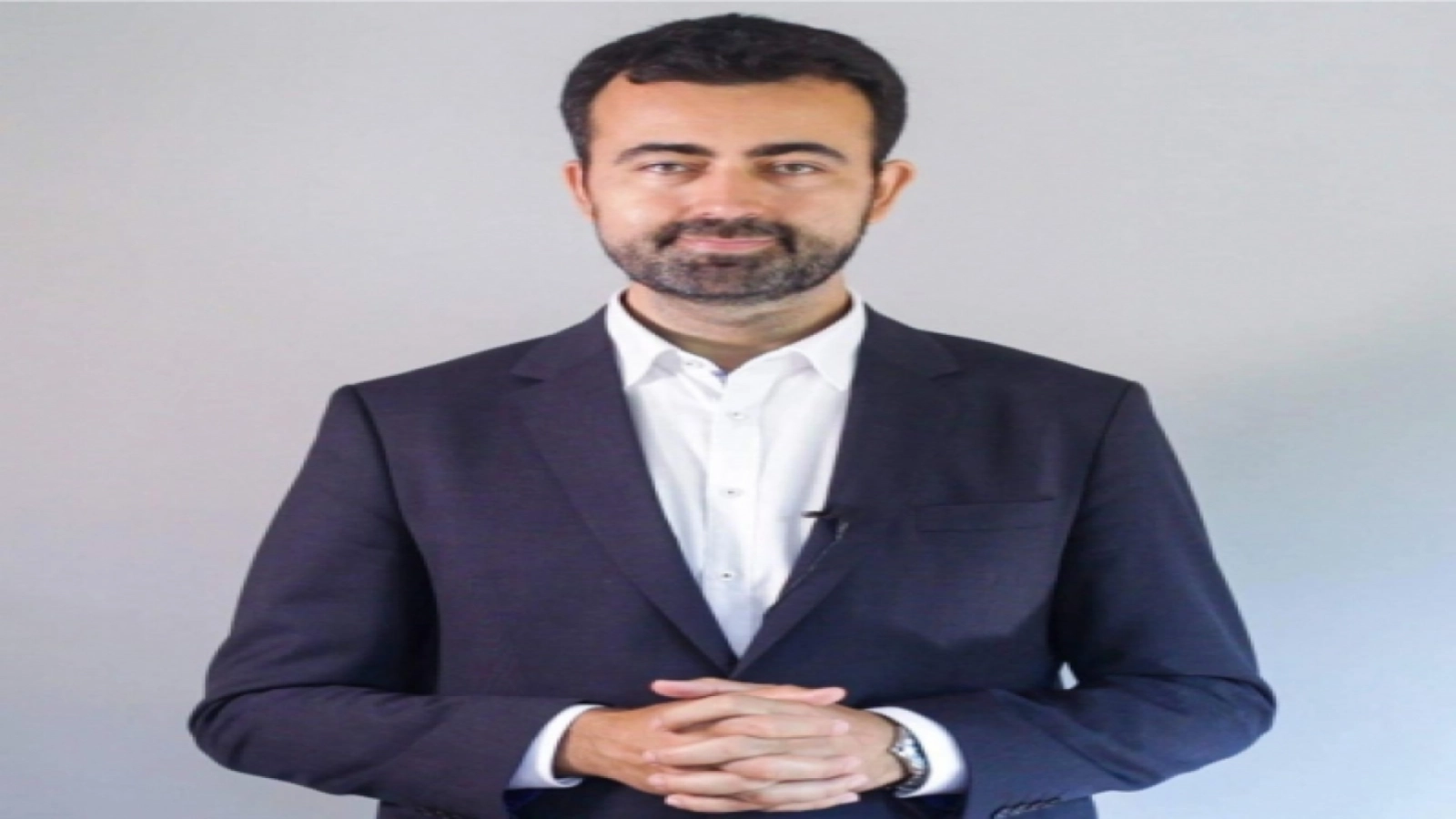

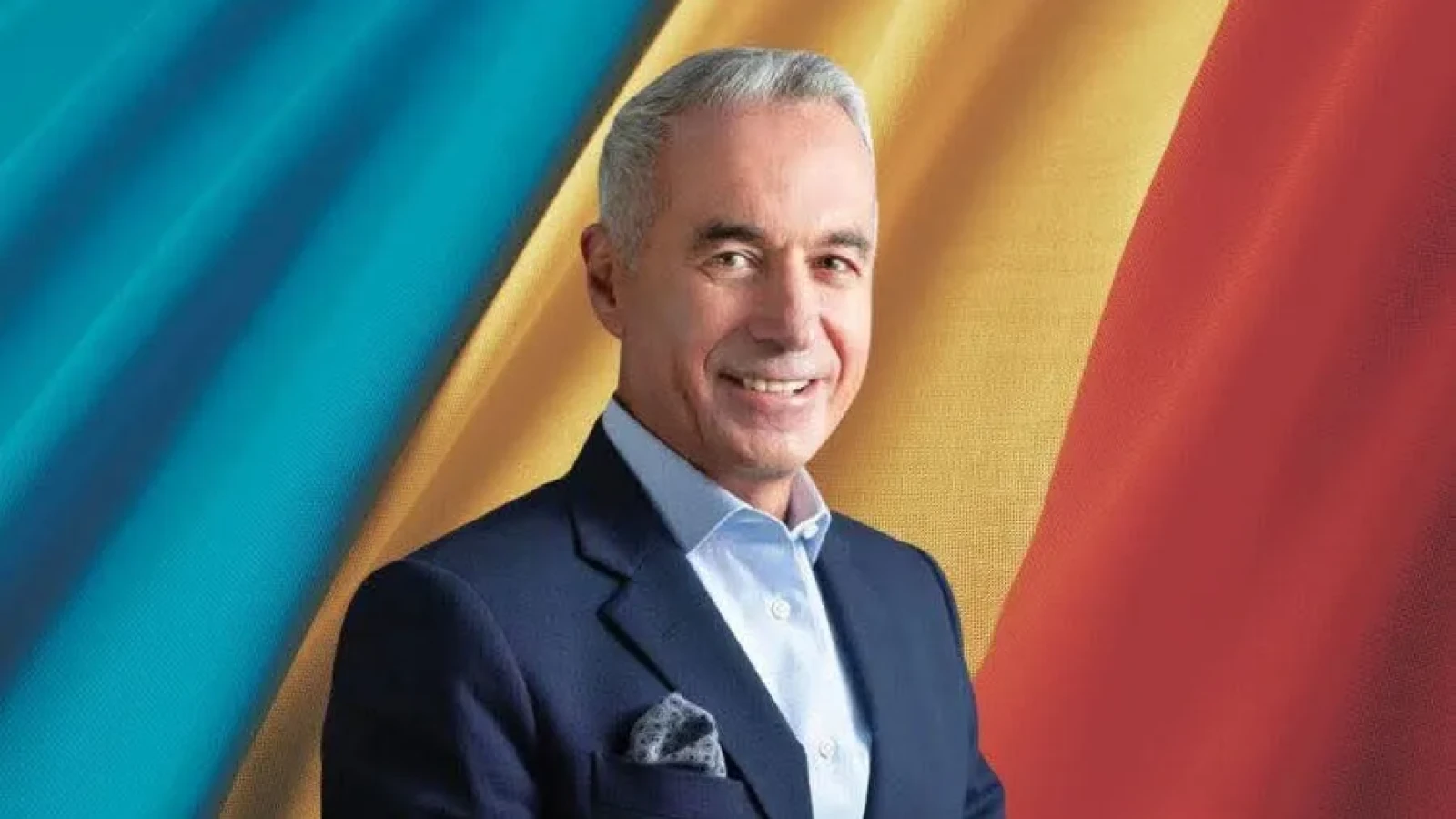

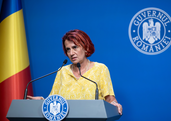
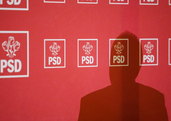

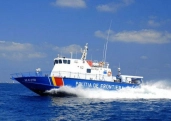

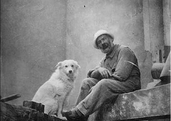
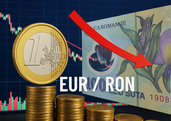
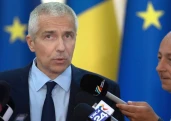

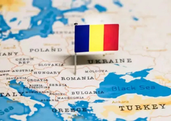






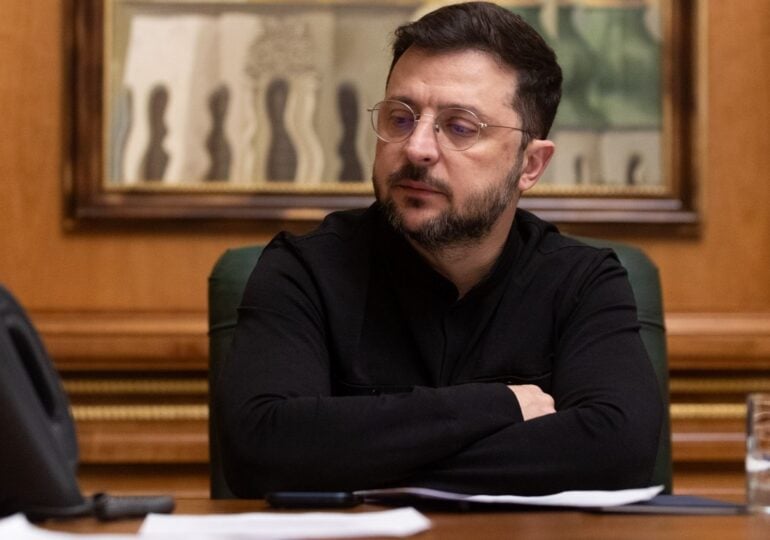






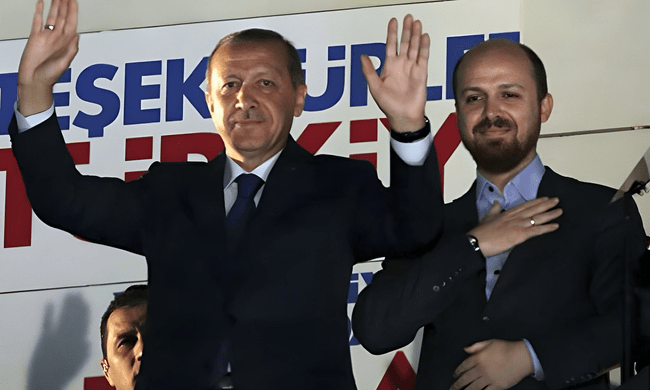



Comentează